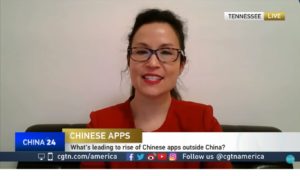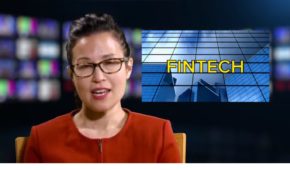 |
| Sara Hsu |
Sara Hsu:
There are signs that this risk may be tolerated to some extent. Head of the China Banking and Insurance Regulatory Commission Guo Shuqing supported the crackdown on shadow banking but recently changed his tune and is allowing banks to increase their tolerance of bad debt during the coronavirus outbreak. Banks have also been directed to increase lending and extend repayment schedules in areas strongly affected by the coronavirus. At the beginning of February 2020, regulators granted a grace period for banks that are struggling to meet the tightest shadow banking rules.
Shadow banking will be a double-edged sword for the Chinese economy. While it may temporarily give the economy the nudge it needs to maintain target GDP growth levels, granting permission to banks to lower lending standards is likely to result in the doubling of bad debts. It is a desperate measure fit for desperate times.
Guo remarked before the coronavirus outbreak that China should continue to dismantle shadow banking by focussing particularly on high-risk shadow banking. This suggests that the industry will experience renewed suppression when the crisis is over. Shadow banking is unlikely to make a major comeback or to remain in vogue past the conclusion of the coronavirus pandemic.
Shadow banking is one of the riskiest aspects of China’s financial system and has been subject to extensive regulation. Whether more shadow bank activity will be tolerated due to the coronavirus outbreak is yet to be seen. But a resurgence in shadow banking is unlikely to last.More at the East Asia Forum.
Sara Hsu is a speaker at the China Speakers Bureau. Do you need him at your meeting or conference? Do get in touch or fill in our speakers' request form.
Are you looking for more experts on the post-corona China? Do check out this list.

